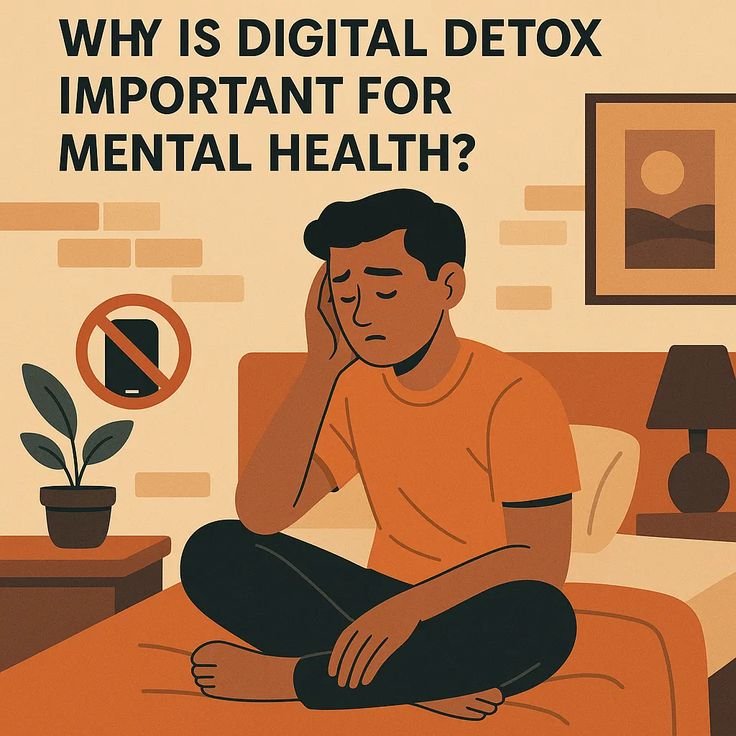In the past two decades, blogging has grown from a niche hobby into a powerful medium that shapes conversations, influences opinions, and builds communities. What once started as personal online journals has evolved into a dynamic space where individuals, businesses, and organizations share knowledge, experiences, and insights. Today, blogs are not only tools for expression but also platforms that can drive careers, amplify voices, and create meaningful connections across the world.
This article explores the essentials of blogging—its history, impact, strategies for success, and the ways it continues to evolve in a rapidly changing digital landscape.
The Evolution of Blogging
The earliest blogs appeared in the late 1990s, when internet users began posting informal, diary-like entries on personal websites. Back then, the goal was simple: share thoughts with a small audience. But as the internet expanded, so did blogging’s reach and purpose.
By the mid-2000s, platforms like Blogger and WordPress made publishing easier, giving rise to countless personal and professional blogs. Soon, niche blogs focusing on technology, travel, food, fashion, and business emerged, attracting loyal readerships and setting the stage for blogging as both an art form and a professional pursuit.
Today, blogs are integral to digital marketing strategies, brand building, and personal expression. They can be monetized, optimized for search engines, and shared widely on social media. Despite the rise of video platforms and short-form content, blogging remains a relevant, versatile medium.
Why Blogging Matters
-
Expression of Ideas
Blogs allow individuals to articulate thoughts in ways social media posts cannot. Long-form writing provides room for nuance, depth, and storytelling. -
Educational Resource
Many people rely on blogs to learn about specific topics—whether it’s coding tutorials, cooking recipes, or travel itineraries. Unlike quick posts, blog articles often serve as evergreen resources. -
Community Building
Blogs foster dialogue between writers and readers. Comment sections, newsletters, and forums extend conversations and create loyal communities. -
Professional Authority
For entrepreneurs and experts, a blog can act as a portfolio, showcasing knowledge and building credibility. A well-maintained blog often positions its author as an authority within their field.
The Anatomy of a Successful Blog
Not every blog succeeds, but those that do tend to share common qualities:
-
Clear Purpose: Successful blogs focus on a theme or niche. Readers come back when they know what to expect—be it lifestyle tips, software tutorials, or travel stories.
-
Strong Voice: A unique writing style makes a blog stand out. Whether casual, professional, or humorous, the writer’s personality must shine through.
-
Valuable Content: Readers return when they consistently gain something—knowledge, inspiration, or entertainment.
-
Consistency: Posting regularly builds trust and reliability.
-
Engagement: Inviting readers to comment, share, or subscribe keeps them invested in the conversation.
Blogging in the Age of SEO
Search Engine Optimization (SEO) has become critical for blogs. With millions of posts published daily, discoverability is key. Strategic use of keywords, optimized headlines, and structured formatting help blogs rank higher in search results.
But SEO should never overshadow quality writing. Search engines increasingly prioritize genuine, helpful content. The most successful blogs strike a balance: they optimize for visibility while maintaining authenticity and reader-focused storytelling.
The Role of Storytelling
One element that differentiates powerful blogs from ordinary ones is storytelling. Facts and information are important, but stories create emotional connection. Readers may forget a list of tips, but they remember how a writer described a personal challenge, a travel experience, or a lesson learned through failure.
Storytelling humanizes content. It transforms information into relatable narratives that inspire and motivate. This is why many influential bloggers blend practical advice with personal anecdotes.
Blogging and Social Media
While blogs are standalone platforms, their reach is amplified through social media. Writers use Instagram, Twitter (X), LinkedIn, and TikTok to share excerpts, promote posts, and engage with followers. Social platforms act as distribution channels, drawing traffic back to the blog.
However, blogs offer something social media cannot: permanence. A tweet may vanish into the noise after a few hours, but a well-written blog post can generate traffic for years. The combination of both—social media for visibility and blogs for depth—creates a powerful strategy.
Monetization Opportunities
Many people start blogs for passion, but blogging can also generate income when done strategically. Common monetization methods include:
-
Advertising: Display ads on websites generate revenue based on views or clicks.
-
Affiliate Marketing: Bloggers earn commissions by recommending products and services.
-
Sponsored Content: Brands pay bloggers to create posts around their products.
-
Digital Products: Bloggers can sell e-books, courses, or templates.
-
Memberships and Subscriptions: Offering premium content to loyal readers creates recurring income.
The key is to prioritize reader trust. Monetization should feel natural, not forced. A blog that sacrifices authenticity for quick income often loses its audience.
The Challenges of Blogging
Despite its rewards, blogging is not without challenges:
-
Consistency: Many new bloggers struggle to post regularly.
-
Competition: With millions of blogs online, standing out requires effort.
-
Writer’s Block: Maintaining creativity over time can be difficult.
-
Technical Skills: Hosting, design, and optimization require at least some technical understanding.
These challenges are real, but they can be overcome with planning, discipline, and continuous learning.
The Future of Blogging
Blogging is evolving, but it is far from obsolete. As attention spans shrink, bloggers are experimenting with shorter posts, interactive content, and multimedia integration. Podcasts and videos are being embedded into blogs to create richer experiences.
AI-assisted writing tools are also influencing the space, offering suggestions and helping with grammar or brainstorming. However, readers still crave authenticity. The most successful blogs in the future will likely combine technology with genuine human insight.
Another trend is micro-niche blogging. Instead of broad topics like “health” or “finance,” writers are focusing on specific areas such as plant-based cooking, remote work productivity, or sustainable fashion. Targeting smaller, dedicated audiences often yields stronger engagement.
Practical Tips for Aspiring Bloggers
-
Start with a niche that genuinely interests you. Passion sustains long-term writing.
-
Focus on solving problems or answering questions your readers might have.
-
Write in your own voice—authenticity resonates more than perfection.
-
Don’t obsess over numbers in the beginning; build value first, traffic later.
-
Stay consistent, even if it means one thoughtful post a week instead of daily rushed content.
Conclusion
Blogging remains one of the most powerful forms of digital expression. It allows individuals to share stories, spread knowledge, build authority, and even create sustainable income. Despite the rise of newer platforms, blogging endures because it offers depth, permanence, and personal connection.
At its core, a blog is more than a website—it’s a conversation. Each post is an invitation to engage, reflect, and connect. For anyone considering starting or reviving a blog, the key lies not in chasing trends but in writing with purpose, passion, and authenticity. When done well, blogging is not just about words on a screen; it is about building a voice that resonates across the digital world.




